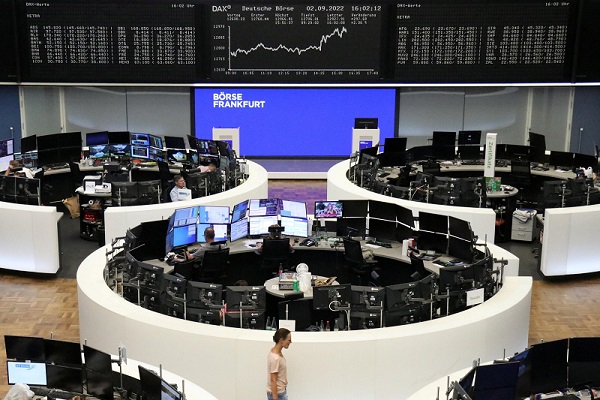Investing.com -- HSBC analysts said in a note Monday that global equity fund inflows have rebounded sharply in September, driven by recent rate cuts and larger-than-expected stimulus from China.
According to HSBC, "Global equities are up around 18% in the first nine months of 2024," marking the highest returns for this period since the post-financial crisis recovery in 2009.
In particular, global equity fund inflows posted their second-highest weekly inflows of the year, with $51 billion recorded in mid-September, according to the bank.
HSBC says the positive sentiment is largely due to the start of a more accommodative monetary cycle, including a 50-basis point rate cut from the U.S. Federal Reserve and other central banks, as well as China’s pre-holiday stimulus measures.
European equity funds have also seen a gradual recovery, reversing much of the outflows recorded earlier in the year.
HSBC believes that “the positive momentum in fund inflows might continue over the coming weeks,” driven by dovish central bank actions.
In Europe, the UK is said to have emerged as a defensive play for global equity funds, benefiting from a defensive tilt among investors.
“Investors seem to have preferred defensive UK equities over more
cyclical eurozone markets,” HSBC noted, highlighting that despite stretched UK equity holdings relative to the past five years, they remain below pre-Brexit levels.
HSBC also sees scope for increased allocations to Europe’s overseas-focused sectors, which remain underweighted compared to historical levels.
The healthcare sector stands out as particularly well-positioned, with HSBC highlighting its low relative holdings and improving consensus outlook.
"We think that the outlook for Healthcare is more supportive as the sell-side EPS momentum has surged recently," the bank states, especially when compared to other sectors like utilities, where current fund positioning is high and earnings outlooks remain weak.
The easing monetary environment is expected to further support cyclical sectors, particularly technology, which may see limited downside.
